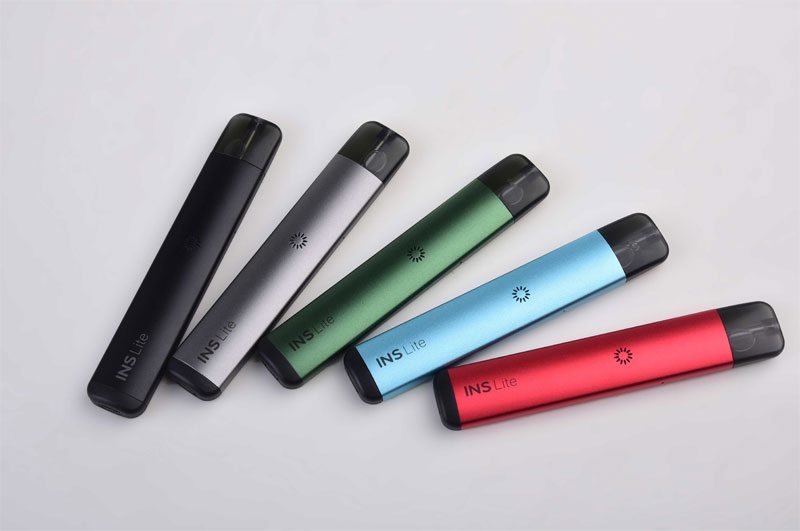South Korea, known for its rapid technological advancement and strict regulations, has been making headlines with its e-cigarette laws. The nation’s approach to controlling the use and distribution of e-cigarettes has garnered attention globally, affecting consumers, businesses, and public health policy. South Korea is one of the Asian countries that have imposed stringent measures on the e-cigarette industry, aiming to curb smoking rates and protect citizens from potential health risks. The “south korea e-cigarette law” regulates various aspects of e-cigarette usage including sale, advertising, and consumption limits.

To understand the current landscape, it is crucial to dive into the specifics of South Korea’s electronic cigarette laws. The legislation aims to control both traditional tobacco and e-cigarettes, focusing on public health rather than just regulatory compliance. E-cigarettes, also known as electronic nicotine delivery systems, have become popular among young adults as an alternative to traditional smoking. However, concerns about the health implications of e-cigarettes have led South Korea to adopt a precautionary stance.
One of the key components of the e-cigarette legislation in South Korea is the regulation of nicotine content. Nicotine levels are closely monitored, with strict limits placed to prevent excessive consumption that could lead to addiction. Additionally, the law mandates accurate labeling of nicotine concentrations on packaging, helping consumers make informed decisions. This requirement for transparency in labeling aligns with South Korea’s broader regulatory framework, which emphasizes consumer safety and informed choices.
E-cigarette advertising in South Korea is subject to stringent restrictions. Advertising campaigns that target minors or present misleading claims are strictly prohibited. This aspect of the “south korea e-cigarette law” ensures that the most vulnerable segments of society are protected. The law also imposes restrictions on where e-cigarettes can be sold, requiring that sales take place in licensed shops. Online sales are heavily regulated, with measures in place to verify the age and identity of the buyer, thus limiting access to minors.
Challenges Facing the Industry
The e-cigarette market in South Korea faces several challenges due to these regulatory measures. Companies must navigate complex compliance structures to operate legally. The regulatory environment demands continuous updates to ensure adherence to laws such as those governing product content, sale locations, and advertising. For businesses, these regulations can impose significant operational costs but are seen as an essential step to balance public health concerns and industry growth.
Impact on Consumers
For consumers, the “south korea e-cigarette law” means they have access to safer products with better transparency regarding what they are consuming. Education campaigns accompany these regulations, aimed at informing the public about the risks and realities of e-cigarette use. Despite the challenges, many see these laws as a positive move for a healthier population.
FAQ:
Q: How does South Korea regulate e-cigarette nicotine content?
A: The regulation sets limits on allowable nicotine levels and mandates clear labeling to ensure consumer awareness.
Q: Are e-cigarettes banned in South Korea?
A: E-cigarettes are not banned but are subject to strict regulations that control various aspects of their sale and consumption.
Q: Can e-cigarettes be purchased online in South Korea?
A: Online sales are permitted but are heavily regulated, requiring age verification to prevent sales to minors.
 Understanding the complexities behind South Korea’s e-cigarette laws can offer insights into the nation’s wider health policy and regulatory approach. With a focus on safeguarding public health, South Korea continues to set an example in managing modern tobacco alternatives. As these laws evolve, stakeholders will need to keep abreast of changes to ensure compliance and adapt to the shifting landscape in e-cigarette regulation.
Understanding the complexities behind South Korea’s e-cigarette laws can offer insights into the nation’s wider health policy and regulatory approach. With a focus on safeguarding public health, South Korea continues to set an example in managing modern tobacco alternatives. As these laws evolve, stakeholders will need to keep abreast of changes to ensure compliance and adapt to the shifting landscape in e-cigarette regulation.
